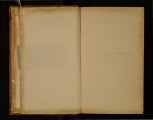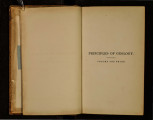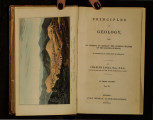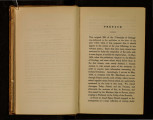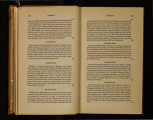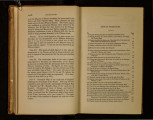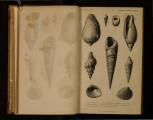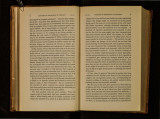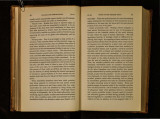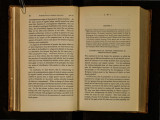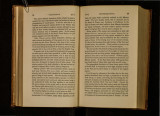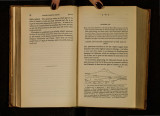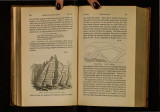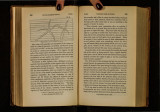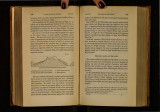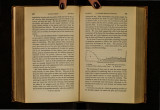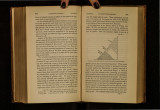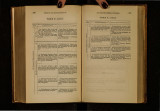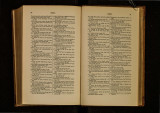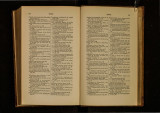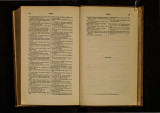| OCR Text |
Show 2 METHODS OF THEORIZING IN GEOLOGY. [Ch. I. example, whether a shell was really a _sheliJ:-whether sand and pebbles were the result of aqueous ~r1turatw~,~whether stratification was the effect of successive depositiOn from water; and a thousand other elementary questions which now appear to us so easy and simple, that we can hardly conceive them to }1ave once afforded matter for warm and tedious controversy. In the first volume we enumerated many prepossessions which biassed the minds of the earlier inquirers, and checked an impartial desire of arriving at truth. But of all the causes to which we alluded, no one contributed so powerfully to give rise to a false method of philosophizing as the entire unconsciousness of the first geologists of the extent of their own ignorance respecting the operations of the existing agents of change. They imagined themselves sufficiently acquainted with the mutations now in progress in the animate and inanimate world, to entitle them at once to affirm, whether the solution of certain problems in geology could ever be derived from the observation of the actual economy of nature, and having decided that they could not, they felt themselves at liberty to indulge their imaginations) in guessing at what might be, rather than in inquiring what is; in other words) they employed themselves in conjecturing what might have been the course of nature at a remote period, rather than in the investigation of what was the course of nature in their own times. It appeared to them more philosophical to speculate ·on the possibilities of the past, than patiently to explore the realities of the present, and having invented theories under the influence of such maxims) they were consistently unwilling to test their validity by the c1·iterion of their accordance with the ordinary operations of nature. On the contrary) the chims of each new hypothesis to credibility appeared enhanced by the great contrast of the causes or forces introduced to those now developed in our terrestrial system during a period, as it has been termed, of repose. Never was there a dogma more calculated to foster indolence, Ch. I.] METHODS 01!' THEORIZING IN GEOLOGY. 3 and to blunt the keen edge of curiosity, than this assumption of the discordance between the former and the existing causes of change. It produced a state of mind unfavourable in the highest conceivable degree to the candid reception of the evi. dence of those minute) but incessant mutations, which every part of the earth's surface is undergoing, and by which the condition of its living inhabitants is continually made to vary. 'l'he student, instead of being encouraged with the hope of interpreting the enigmas presented to him in the earth's structure,- instead of being prompted to undertake laborious inquiries into the natural history of the organic world, and tbe complicated effects of the igneous and aqueous causes now in operation, was taught to despond from the first. Geology, it was affirmed, could never rise to the rank of an exact scienceJthc greater number of phenomena must for ever remain inexplicable, or only be partially elucidated by ingenious conjectures. Even the mystery which invested the subject was said to constitute one of its principal charms, affording, as it did, full scope to the fancy to indulge in a boundless field of speculation. The course directly opposed to these theoretical views consists in an earnest and patient endeavour to reconcile the former indications of change with the evidence of gradual mutations now in progress ; restricting us, in the first instance, to known causes) and then speculating on those which may be in activity in regions inaccessible to us. It seeks an interpretation of geological monuments by comparing the changes of which they give evidence with the vicissitudes now in progress, or which may be in progress. We shall give a few examples in illustration of the practical results already derived from the two distinct methods of theo·· rizing, for we have now the advantage of being enabled to judge by experience of their respective merits, and by the relative value of the fruits which they have produced. In our historical sketch of the progress of geology, the reader has seen that a controversy was maintained for more than a century, respecting the origin of fossil sheJls and bones-were B 2 |




